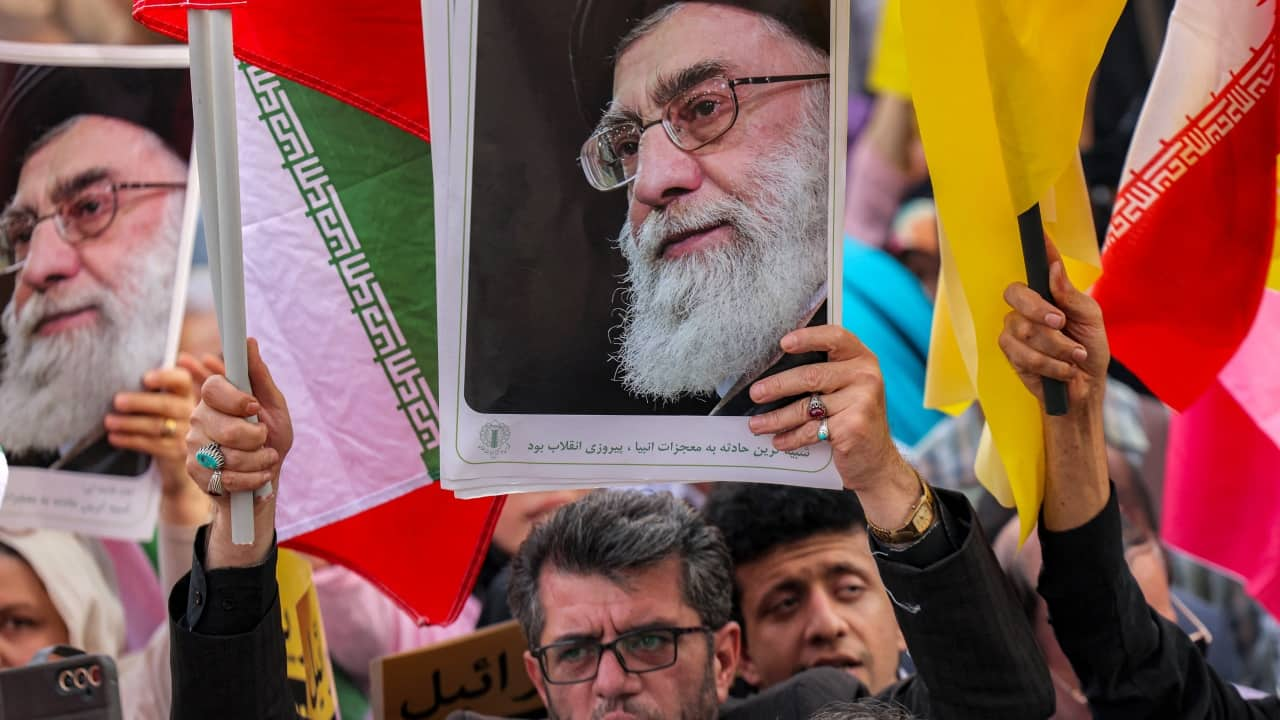 |
|
Iran's recent signal that it may withdraw from the Nuclear Non-Proliferation Treaty (NPT) represents a significant escalation of tensions in the Middle East and poses a serious threat to global nuclear stability. This decision, prompted by escalating hostilities with Israel, raises fears of a potential arms race in the region and the possibility of Iran developing nuclear weapons, despite its repeated denials. The NPT, a cornerstone of international arms control since 1970, aims to prevent the spread of nuclear weapons, promote peaceful uses of nuclear energy, and work towards nuclear disarmament. Iran's potential departure from this treaty could have far-reaching consequences, destabilizing the region and undermining decades of international efforts to contain nuclear proliferation.
The Nuclear Non-Proliferation Treaty (NPT), signed in 1968 and enforced from 1970, is a crucial international agreement designed to prevent the spread of nuclear weapons and promote peaceful uses of nuclear energy. The treaty aims to halt the proliferation of nuclear weapons-making capability, guarantee the right of all members to develop nuclear energy for peaceful purposes, and obligate the original five nuclear weapons powers (United States, Britain, France, China, and Russia) to phase out their arsenals. A total of 191 countries are party to the NPT, with nuclear weapons states agreeing not to transfer such weapons or help non-nuclear states obtain them. However, the treaty has faced challenges, with some countries, like India, Pakistan, and Israel, developing nuclear weapons outside its framework. North Korea's withdrawal from the NPT in 2003 further highlights the treaty's vulnerabilities. Article X of the NPT allows a state to withdraw if it decides that extraordinary events have jeopardized its supreme interests, providing a potential escape clause for countries seeking to develop nuclear weapons.
Iran's potential withdrawal from the NPT is particularly concerning because of its existing uranium enrichment program, which it claims is for peaceful purposes, but Western powers and Israel suspect is intended to develop nuclear weapons. The International Atomic Energy Agency (IAEA) has expressed concerns about Iran's compliance with its safeguards obligations, citing failures to provide full and timely cooperation regarding undeclared nuclear material and activities at multiple undeclared locations. These concerns, coupled with Iran's potential departure from the NPT, raise serious doubts about its commitment to non-proliferation and increase the risk of it developing nuclear weapons. The IAEA's loss of access to Iranian nuclear facilities would further exacerbate the situation, removing international monitoring and oversight of Iran's nuclear program.
The consequences of Iran's withdrawal from the NPT could be devastating. Without international monitoring, Iran would be free to enrich uranium and develop nuclear capabilities without accountability or transparency. While Iranian officials continue to insist they have no intention to build nuclear weapons, walking away from the world's primary non-proliferation framework sends a clear signal otherwise. This action could trigger a regional arms race, as countries like Saudi Arabia, Turkey, and Egypt may feel compelled to reconsider their own nuclear postures in response to a nuclear-armed Iran. Such a scenario would destroy any remaining nuclear restraint in the Middle East, a region already plagued by sectarian conflicts and proxy wars.
Israel, which views Iran as an existential threat, is unlikely to stand idly by if Tehran appears to be preparing for a nuclear breakout. Iran's withdrawal from the NPT could trigger direct military action, with far-reaching consequences for the region. The risk of all-out war would significantly increase, potentially engulfing the Middle East in a large-scale conflict. The international community must take immediate and decisive action to prevent Iran from withdrawing from the NPT and to ensure that its nuclear program remains under strict international monitoring. Diplomatic efforts, coupled with economic sanctions and the credible threat of military force, may be necessary to deter Iran from pursuing nuclear weapons and to maintain stability in the Middle East. Failure to do so could have catastrophic consequences for the region and the world.
Source: Iran eyes exit from nuclear treaty: Why it raises fears of atomic bomb and regional war
